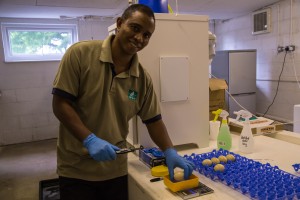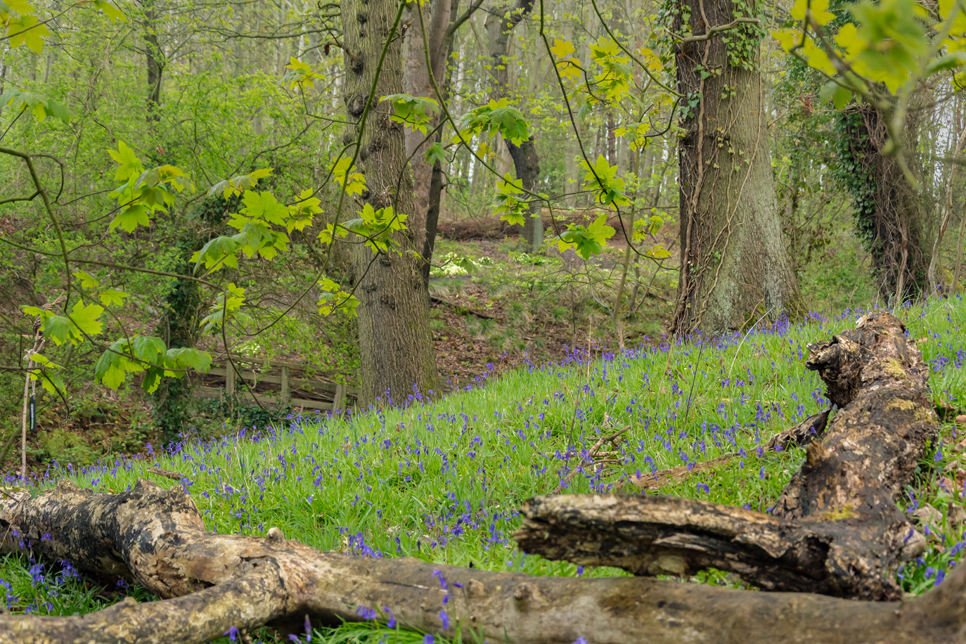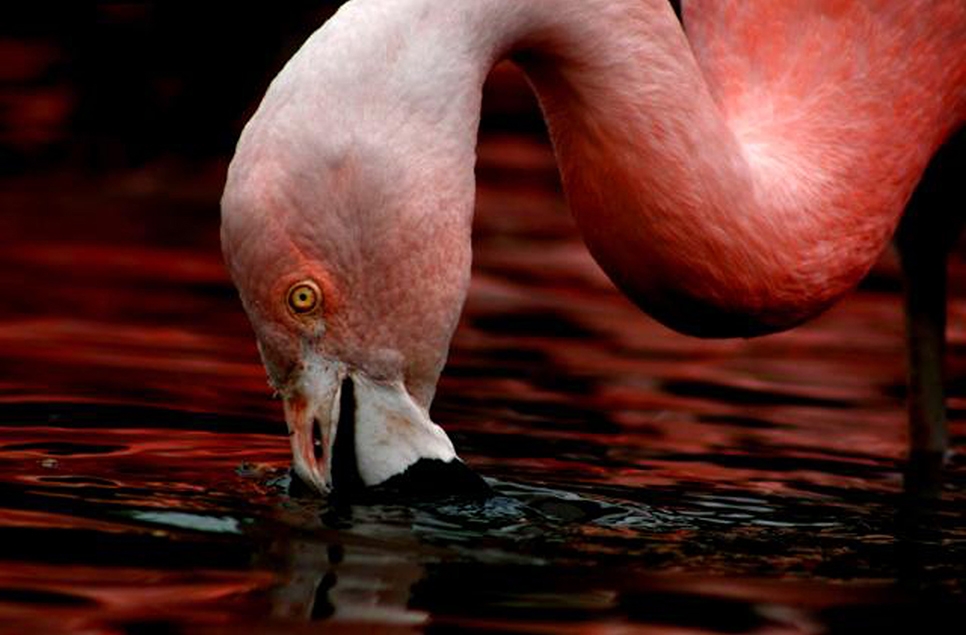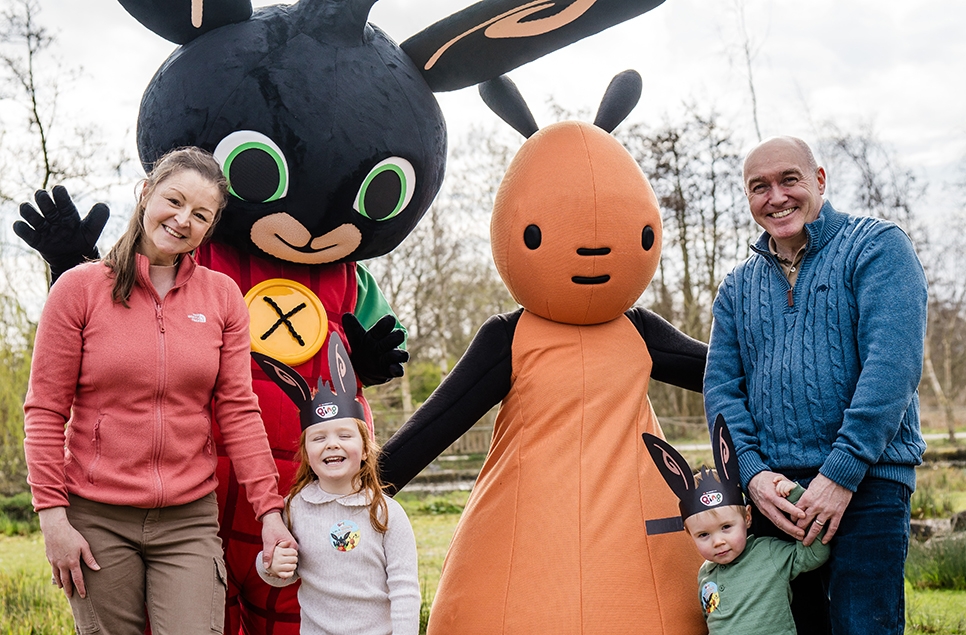Helping to save the world's rarest bird

The man charged with daily care of the world’s rarest bird, the Madagascar pochard, is at WWT Washington Wetland Centre next week for intensive training with some of WWT and the world’s top aviculturists.
Malagasy born and bred, Floriot Randrianarimangason started his conservation career in Madagascar looking after the world’s rarest tortoise – the ploughshare – but in 2009 he switched to the Madagascar pochard and now manages a specialist pochard conservation breeding facility.
Floriot, who works for Durrell Wildlife Conservation Trust, heads a team of three – the only wildfowl aviculturists working in Madagascar. With just 50 birds in their care, breeding only 2–3 broods a year until the release programme is underway, opportunity to learn through experience is limited.
So now he has flown to the UK to work alongside aviculture manager Owen Joiner, who cares for hundreds of waterbirds at WWT Washington and was among the first WWT staff to fly out to the Indian Ocean island in late 2009, when the mission to save the Madagascar pochard began.
Floriot said: “This will be very valuable time for me. I’ve met many of the people I’ll be working alongside before in Madagascar, where they’ve helped set up the pochard breeding facility. This time I’ll be seeing how things are done in the UK, where you have decades of experience in breeding wildfowl for conservation.
"Though the situation in Madagascar is different in some ways – the climate, food and materials available – this experience will help me to adapt these methods to ensure a safe future for the Madagascar pochard.”
Floriot’s month-long visit will be intensive, covering four locations across the British Isles in just five weeks. He’ll work alongside the avicultural teams each day and spend time at the end of each visit to reflect on applying the new experiences to Madagascar and the pochards.
WWT Washington aviculture manager Owen Joiner is part of the team now restoring a healthy population of Madagascar pochard to the wild. His skills in hatching and rearing some of the first captive-bred pochard chicks in Madagascar in 2009 effectively doubled the world population at that time.
Owen said: “Floriot already manages an incredible feat, caring for the world’s rarest bird in very challenging circumstances.
“No one else in Madagascar is doing what he does, so for support and advice, he relies on contacting us by phone. This month he’ll be rolling his sleeves up, just as he would back home, and we’ll immerse him in more duck-related activity than he dreamt was possible, covering every aspect of their care.”
The Madagascar pochard was thought to be extinct until a tiny pocket of 22 survivors was discovered on a single lake in 2006. That figure has hardly risen because every year the ducklings die through starvation. The lake's conditions don’t suit them. But we’ve found a different lake that could give the species hope, and we need local people's help to create an environment that works for both wildlife and people. You can help too: Find out all about Mission Madagascar


